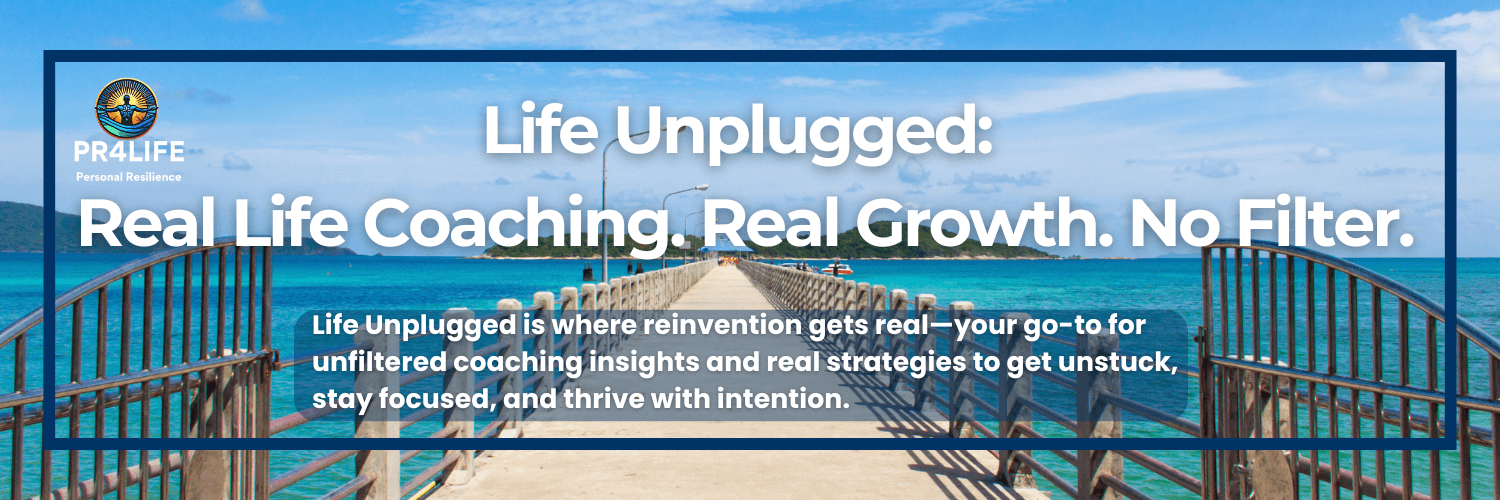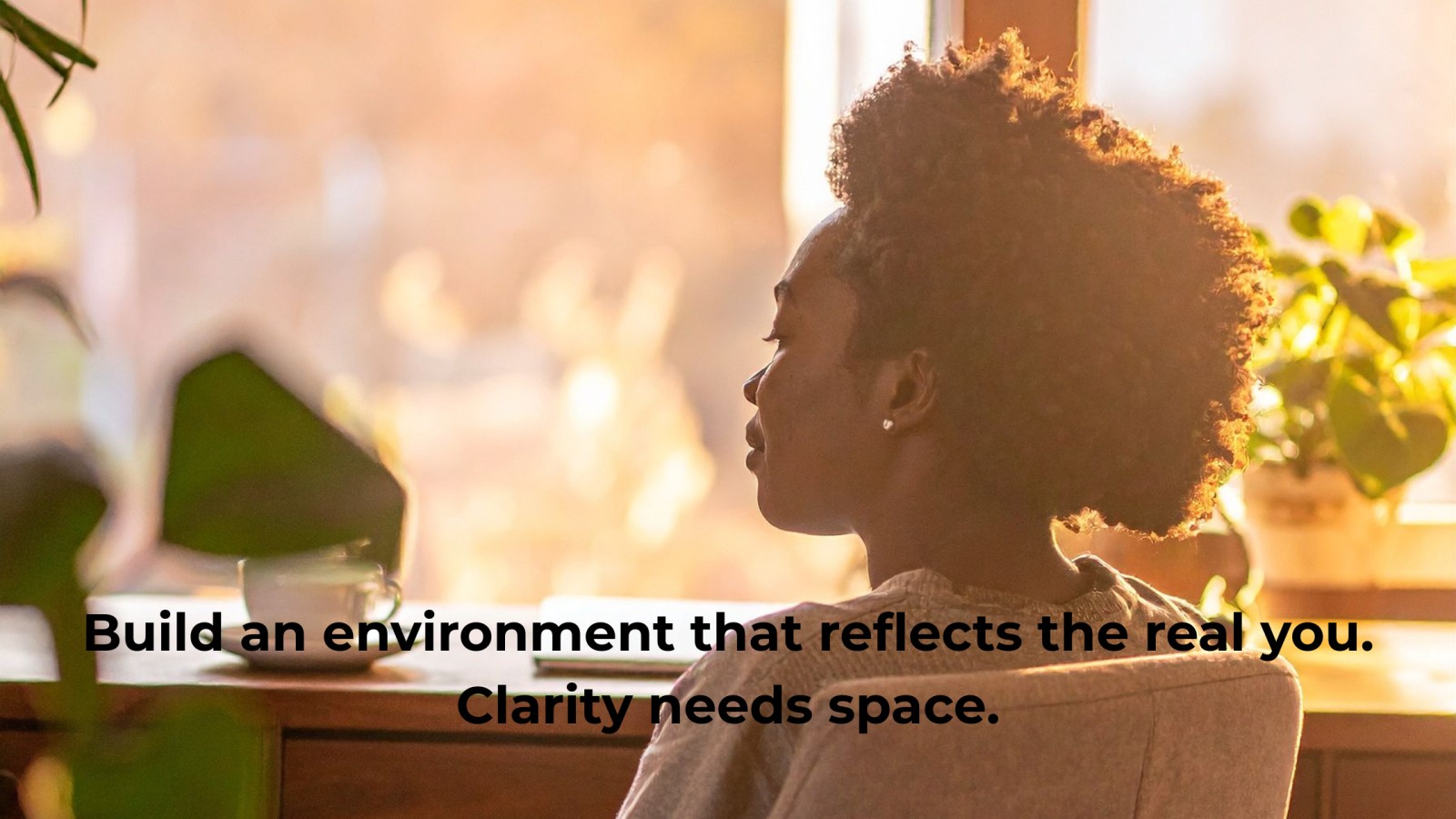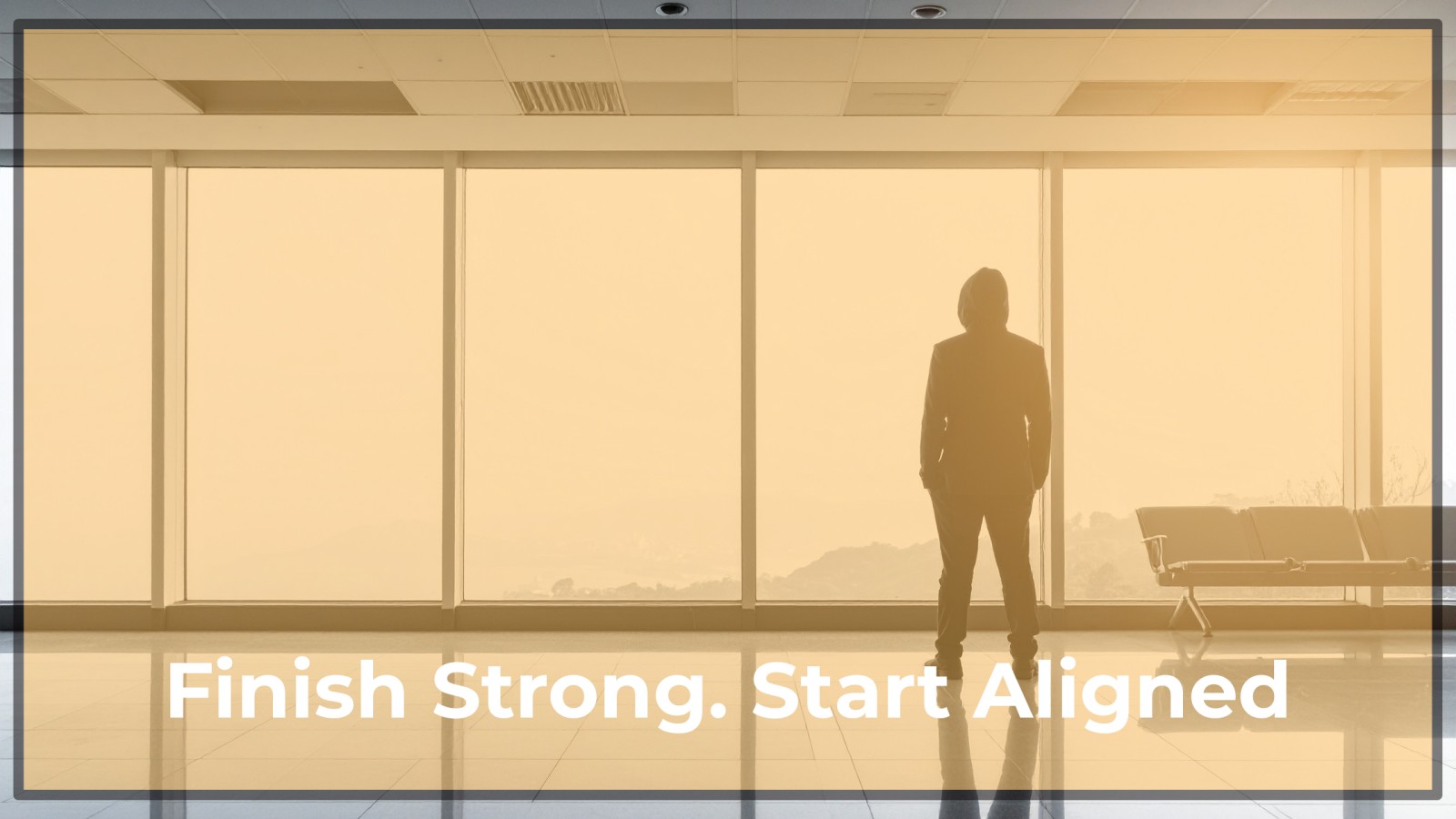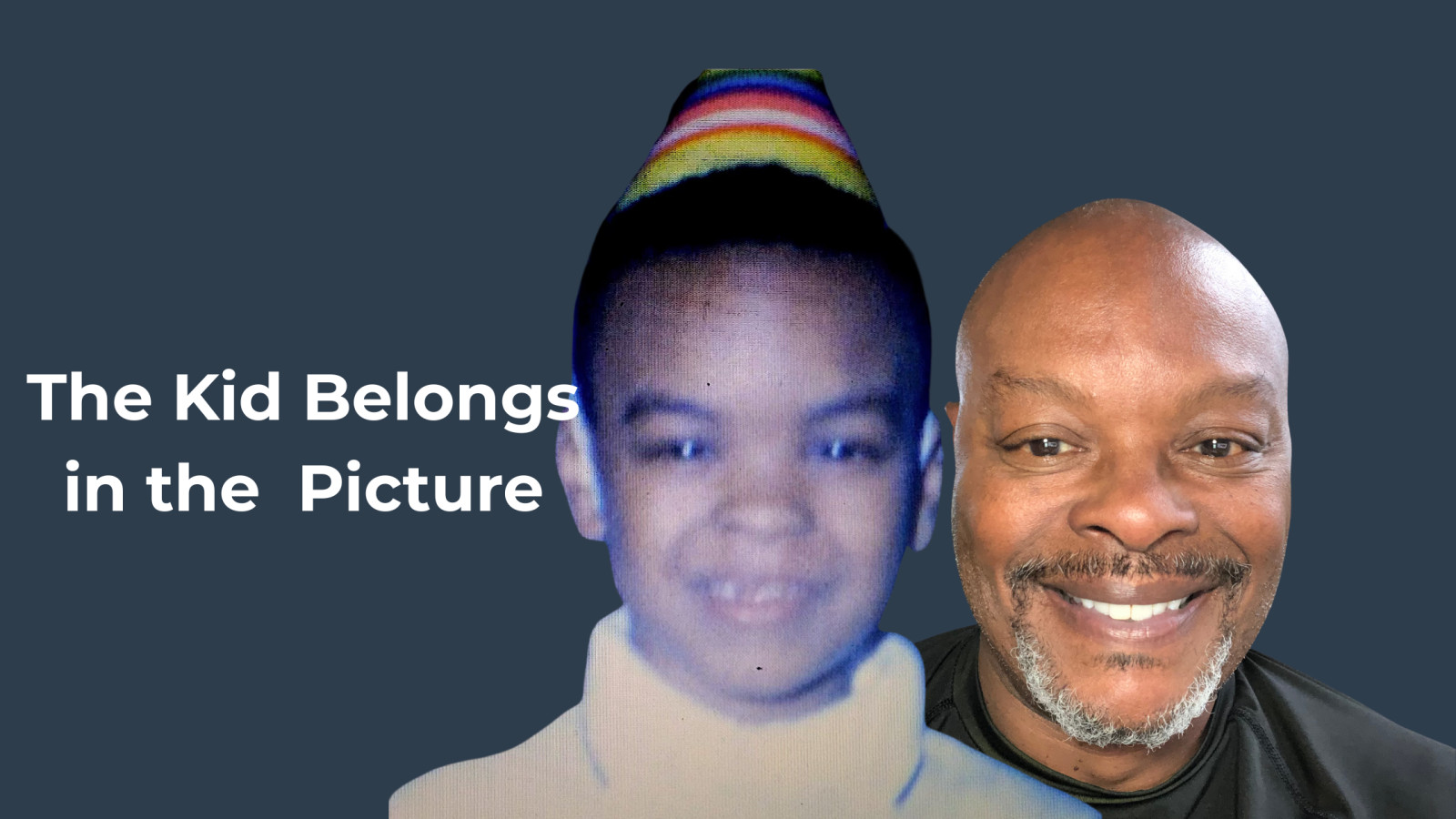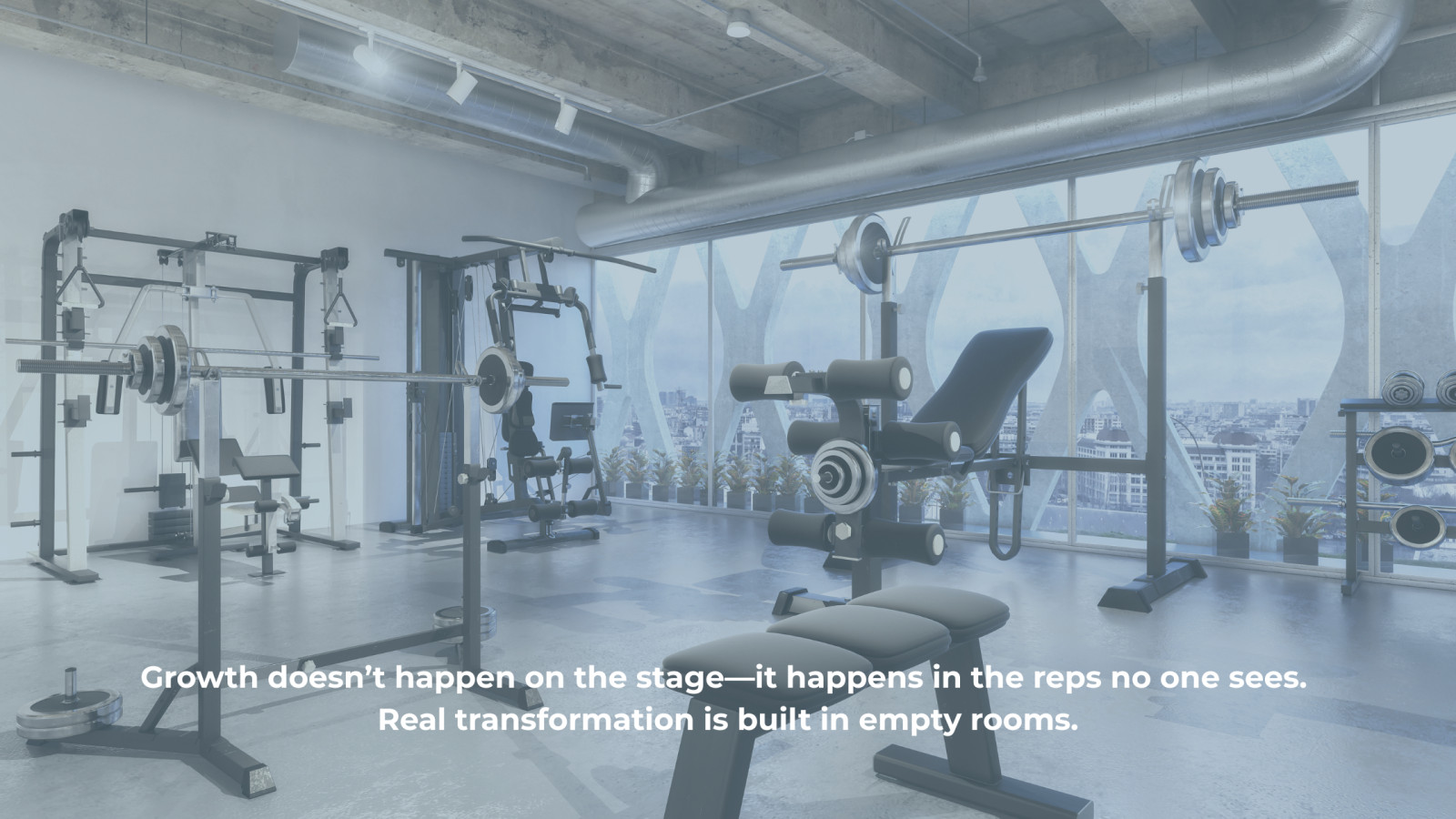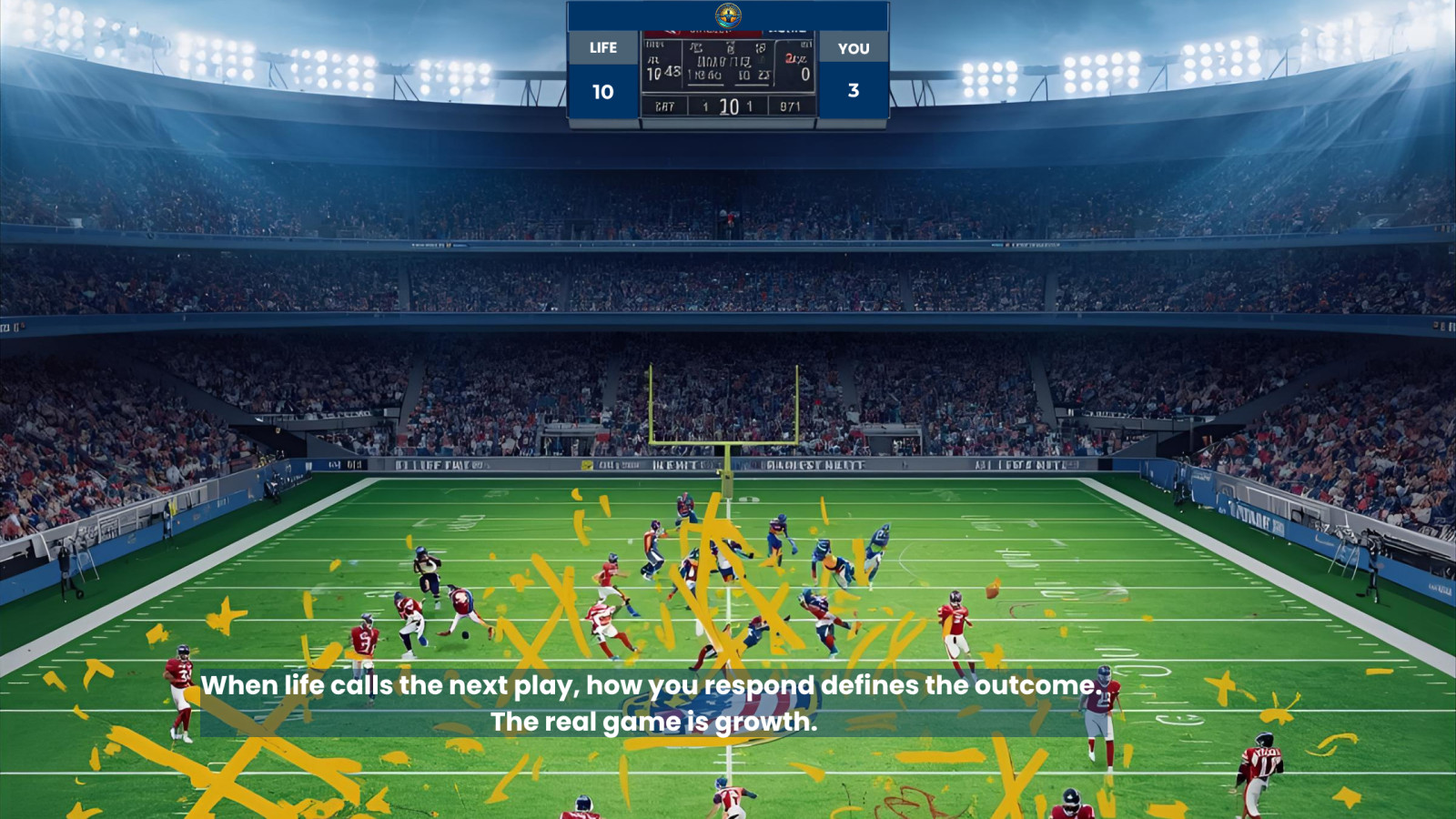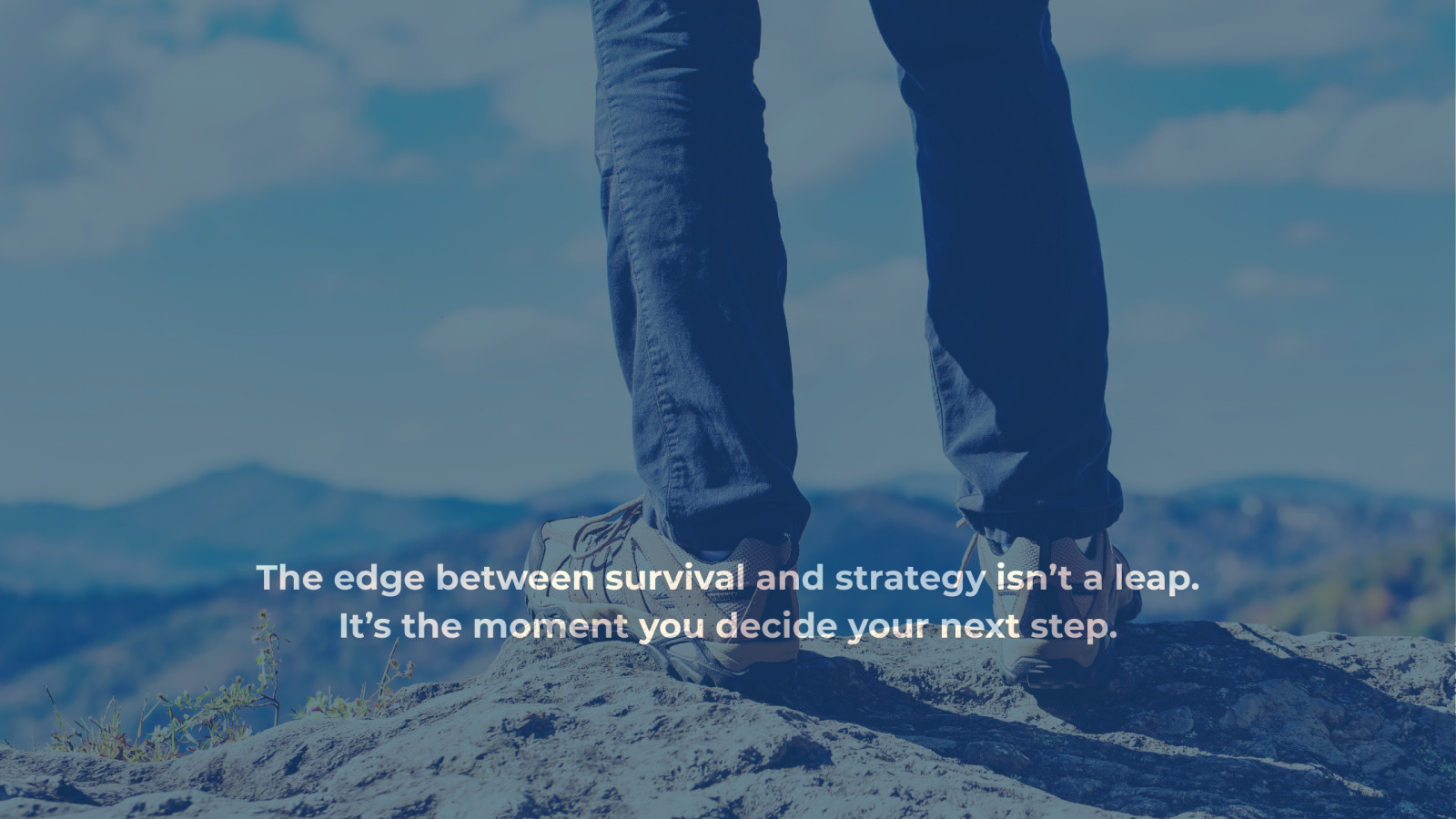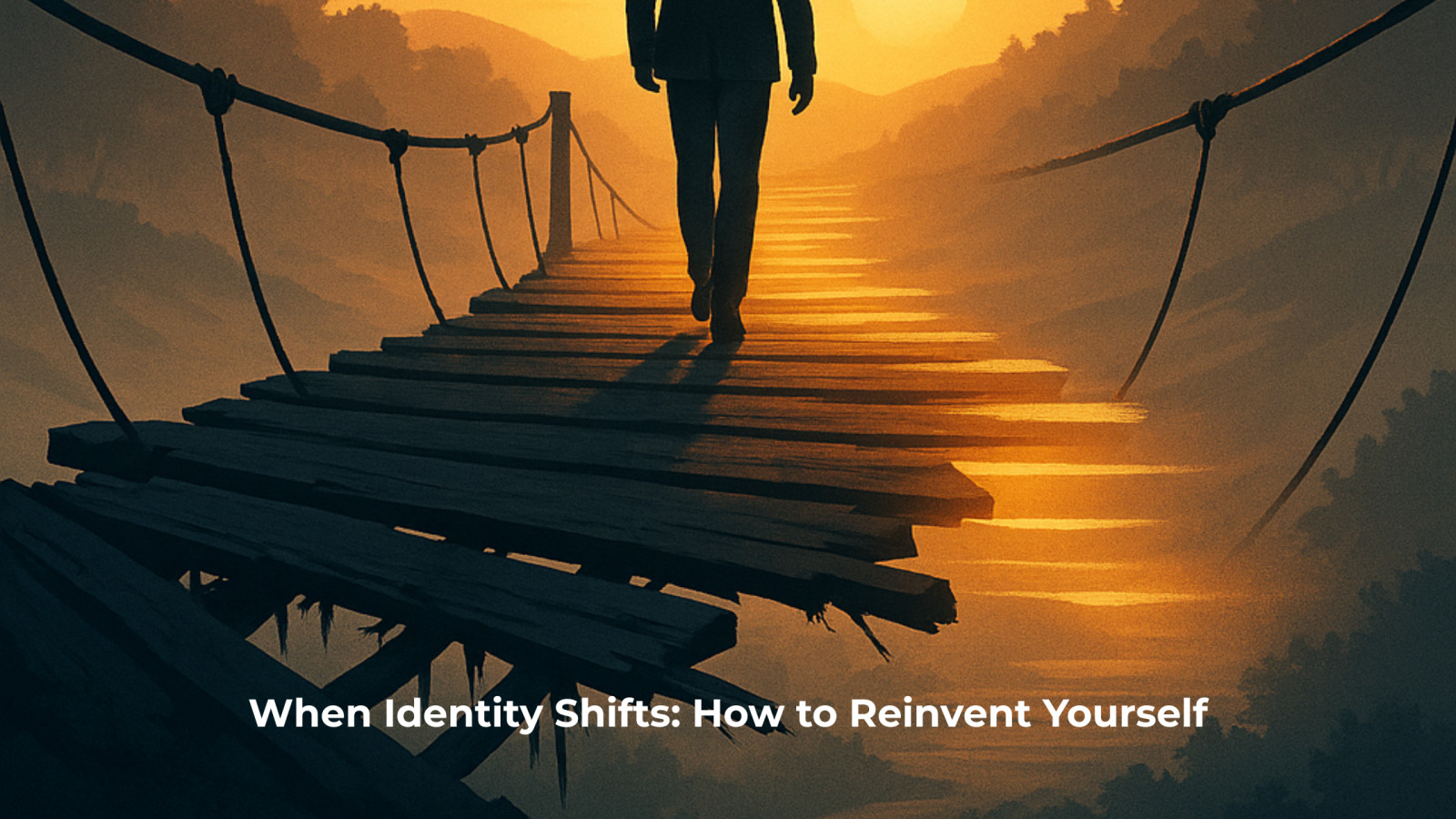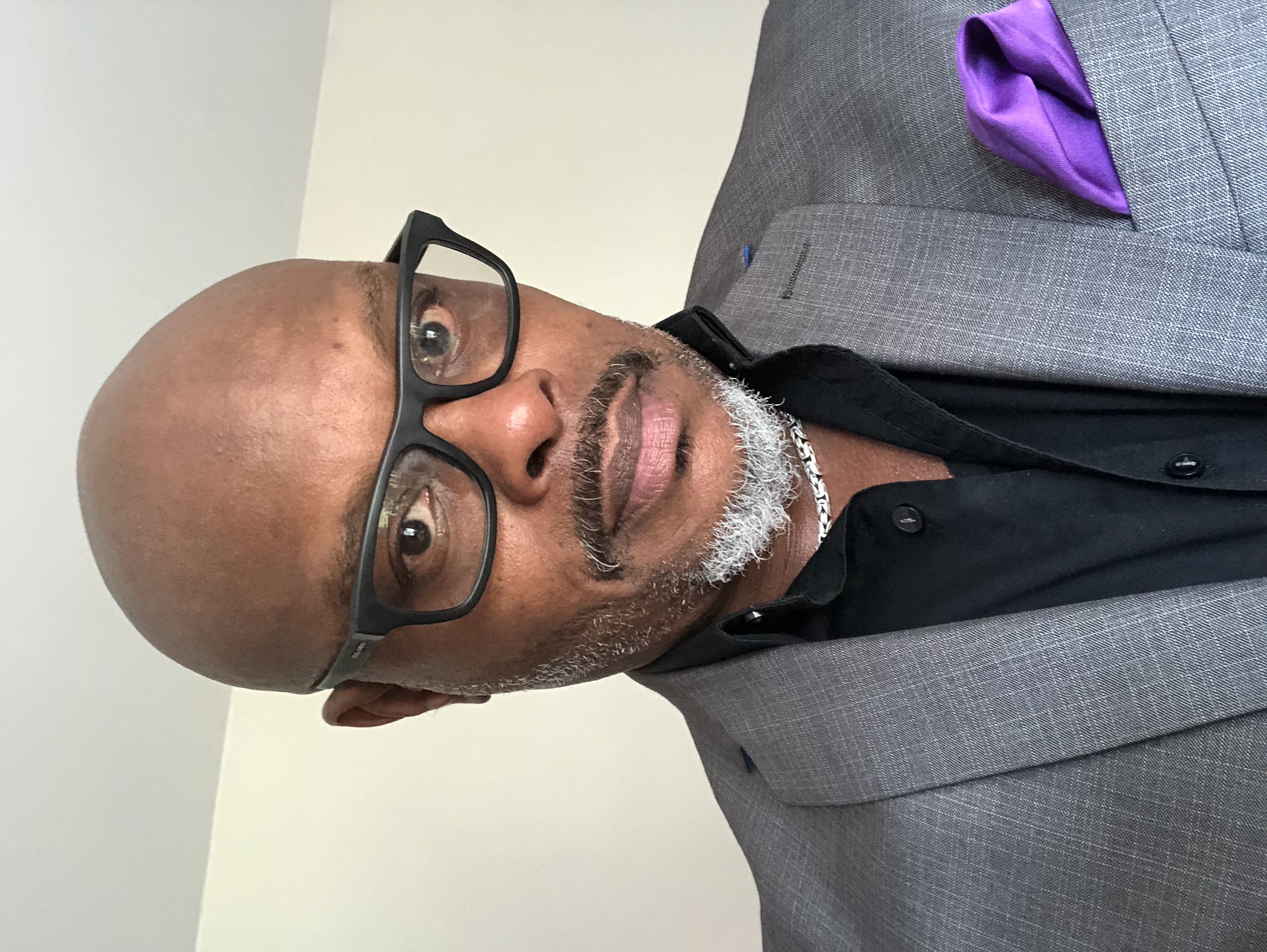
This weekend, I’m back in North Carolina for a family reunion — my first trip since my father passed. The roads, the fields, the laughter all feel familiar… yet different. In a house full of joy, there’s an undeniable absence — a presence I wish was still here. This week’s post is shorter and more personal, a reminder that even in joy, there can be grief, and even in grief, there’s room for gratitude.
Read more...
Leaving corporate America — whether by choice or force — can feel like being dropped into a new game without knowing the rules. Applicant Tracking Systems, keyword‑stuffed résumés, and AI‑driven interviews are weeding out qualified people before a human even sees their application. And if you’ve stepped away entirely, you might be wondering how to stay relevant, reinvent yourself, and turn what you already know into income.
In this post, I’ll show you how to:
- Identify and categorize your transferable skills — hard, soft, and life skills that still matter in today’s market
- Shift from applying to positioning so you stand out without begging for a shot
- Repackage your experience into offers people will pay for
- Get visible — even if social media and tech make you uncomfortable
You’re not starting over. You’re starting from experience — and this guide will help you put it to work.
Read more...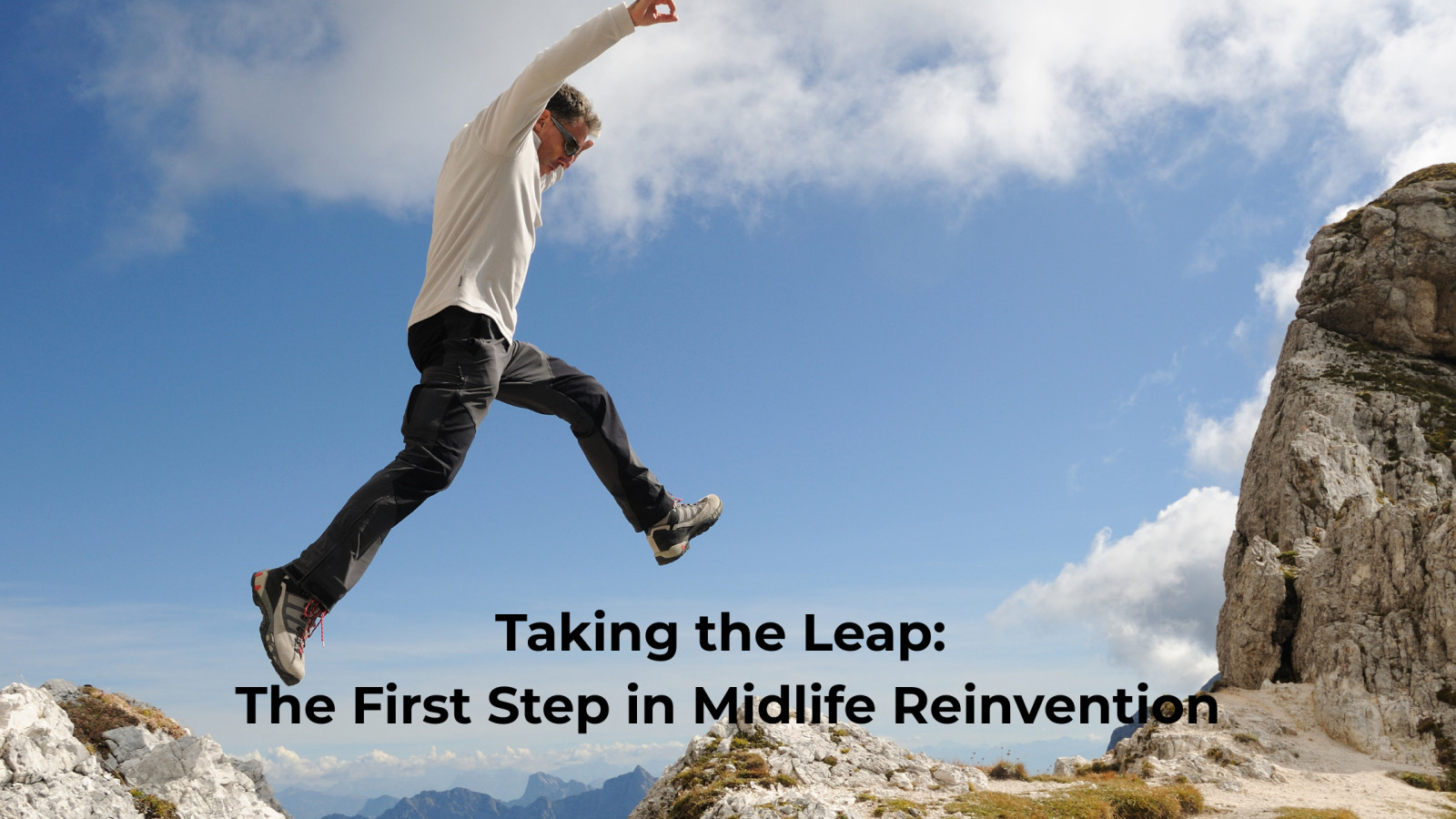
When your career ends, it can feel like your identity goes with it.
But what if that ending is actually a beginning?
In this deeply personal and practical post, I share what it looks like to step into your calling when the title you’ve known falls away. You’ll discover:
- What makes midlife career transitions uniquely challenging (and freeing)
- Why resistance to change is built into your brain—and how to move through it
- The science behind intentional change and identity reinvention
- Four powerful steps to realign with who you are now
- How faith becomes the anchor when your next move is still unclear
Whether you’re navigating a layoff, rethinking your path, or ready to leave the system behind—this guide was written for this moment.
Read more...
Reset Your Operating System: Break Free from Fight or Flight
Most people don’t realize they’re operating from an outdated system—one built in childhood, designed to keep them safe, not help them thrive.
If you feel like you’re stuck in reaction mode—fighting, fleeing, or freezing when life gets hard—it’s not because you’re weak. It’s because your operating system is still running on survival mode.
It’s time for a reset.
In this post, you’ll learn:
✅ Why your fight, flight, or freeze response became your default operating system
✅ How childhood experiences shaped your stress-response wiring
✅ The cost of running your life on survival mode
✅ Why awareness alone isn’t enough—you need a conscious reset
✅ 4 practical steps to recalibrate and reclaim your life
If you’re ready to stop reacting and start leading your life with clarity and purpose, this is where you begin.
Read more...
Unheard: Why You Silenced Yourself
Have you ever felt like you’ve been living someone else’s life?
On the outside, you’re doing everything expected—showing up, staying strong, keeping the peace.
But inside? You’re disappearing, bit by bit.
Not because you’re weak, but because somewhere along the way, you learned that silencing yourself kept you safe.
Kept you accepted.
Kept you alive.
But what protects you in one season can imprison you in another.
In this deeply personal post, I share how years of self-silencing, survival, and unspoken expectations led me to lose my voice—and how I began the journey back to reclaiming it.
If you’ve ever wondered where your real voice went… this is where the work begins.
What You’ll Learn:
- Why self-silencing happens
- How it affects identity, relationships, and emotional health
- 4 practical ways to start listening to yourself again
